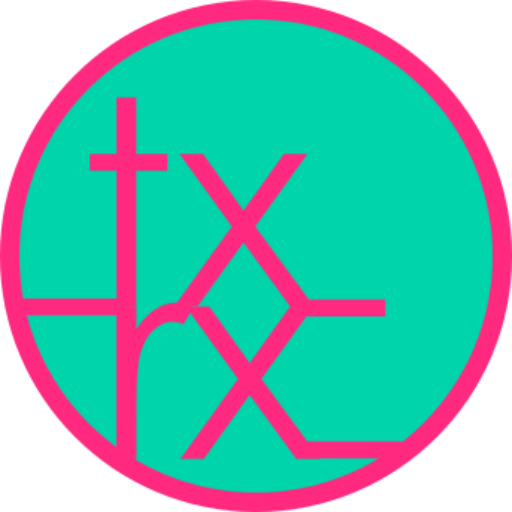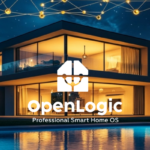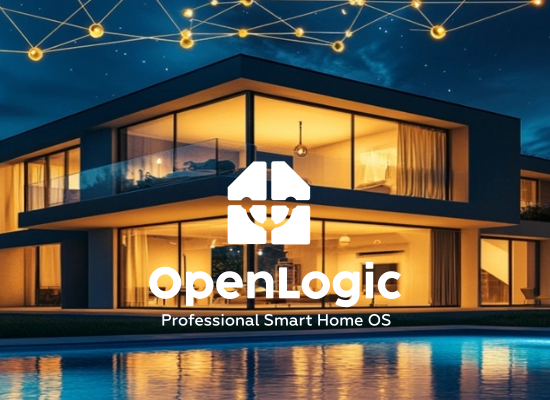Why We’re Building a Smart Home OS in the Open
Most smart home platforms are built behind closed doors. Codebases are proprietary. Roadmaps are confidential. Decisions are made in boardrooms, not backlogs.
That might be fine for mass-market consumer tech — but for professional-grade smart home systems, it’s a problem.
Integrators need to know how things work. They need to inspect logic, troubleshoot deeply, customize behavior. And they need to feel confident that a platform won’t suddenly change direction and leave their clients stranded.
OpenLogic flips that model.
We’re not just building a smart home OS — we’re building a professional platform that’s:
- Open source — you can read every line of code, right now
- Declarative — logic is structured, readable, and version-controlled
- Portable — run it anywhere, from a Raspberry Pi to a Docker container
- Integrator-first — not locked to a walled garden, not afraid of real customization
And importantly: we’re building it in the open.
Every module, every DSL syntax choice, every system integration — it’s all being developed publicly, discussed collaboratively, and improved iteratively. No NDAs. No licensing traps. Just progress you can see and contribute to.
Why transparency matters
Open source isn’t just a buzzword. It means your investment in the platform is safe. It means if something breaks, you’re not filing a ticket — you’re inspecting the logic. It means if the project disappears tomorrow, you still have everything you need to run and maintain your systems.
It also means new ideas can flourish. We’ve already started building modules for lighting, HVAC, audio, media servers, and more — and we’re excited to see what the community contributes next.
A platform you can trust, and shape
We believe integrators deserve more than locked-down wizards and opaque compilers. We believe in clarity, extensibility, and control. That’s what OpenLogic is here to provide — and why we’re committed to building it in public, for professionals like you.
Want to get involved? Explore the GitHub repo, join the discussion on Mastodon, or say hello on Discord.
Let’s make smart home software smarter — together.








No Comment! Be the first one.